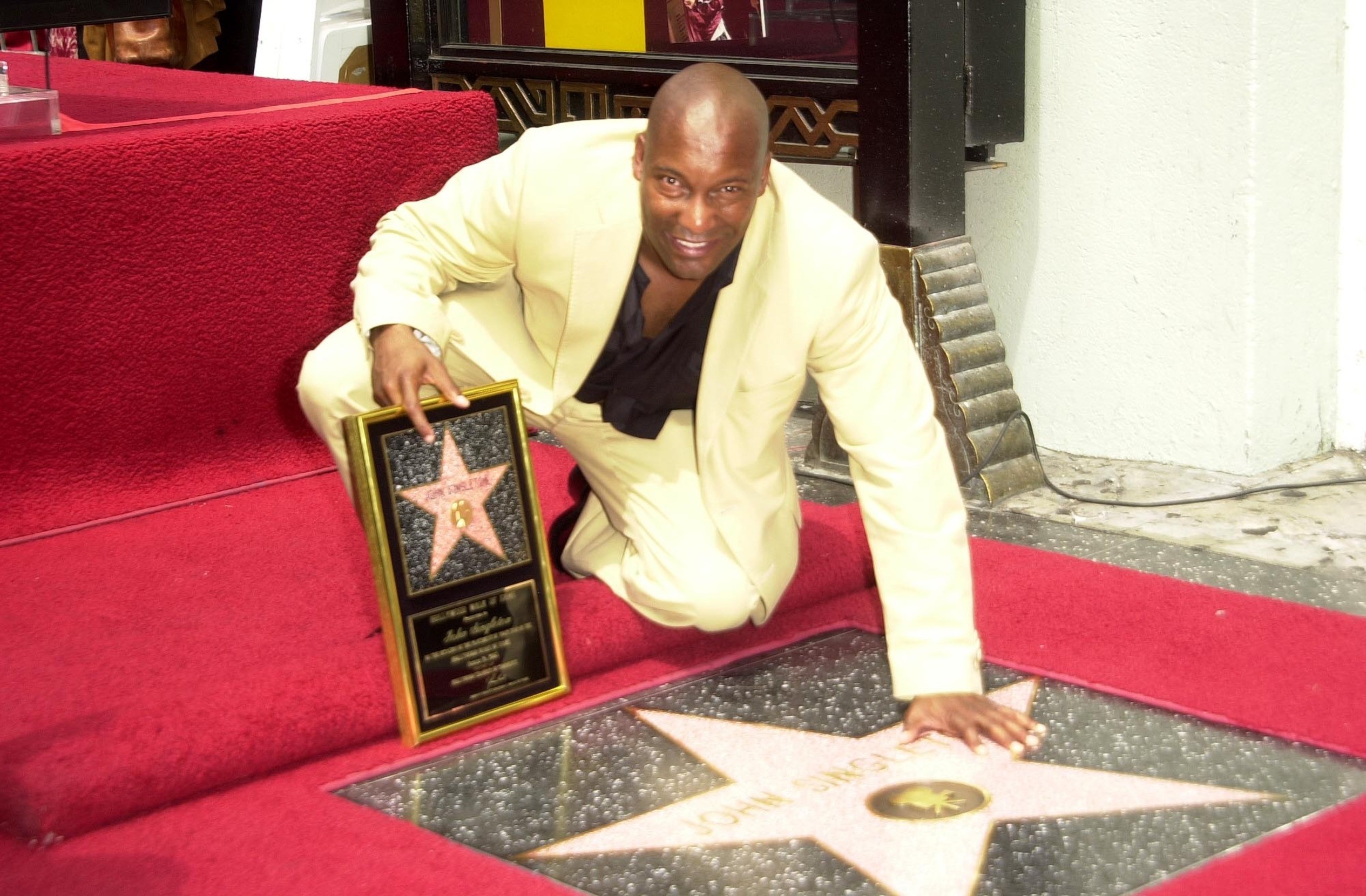The movie Green Book was released in 2018 with much criticism. For Black audiences the movie was a betrayal — it explored a sobering chapter of our history from a very non-Black perspective. Our reaction to Green Book is John Singleton’s legacy. In a very short time we have shifted from the expectation that our stories occasionally be told from the vantage of others, to demanding that we tell them frequently, with full expression. In a single generation John Singleton helped to normalize Black expression in cinema.

Black representation in Hollywood has always been a fight. Jordan Peele turned heads in 2018 when he directed Get Out. It was exponentially more groundbreaking in 1991 when Singleton, at 24, became the first Black person nominated for an Academy Award for Best Director. The film was Boyz N The Hood, a raw and transparent glimpse into stories seldom told, from our perspective. From that time until now Black people have increasingly found our voice in cinema, becoming more unapologetic about our insistence that we tell our own stories and do so without whitewashing.

From Boyz N The Hood to Poetic Justice, Higher Learning and Rosewood, the pictures Singleton painted were not always pretty or easy to stomach. To some Singleton’s work helped to reinforce negative stereotypes about Black people. Others felt that while authentic, his work often presented an incomplete picture of Black life. Art is subject to interpretation but what is undeniable is Singleton’s impact — shifting the industry and expanding the freedom with which Black people not only consumed art but also have since continued to produce it.

It was difficult to watch Green Book and not feel that something was off. It wasn’t a Black voice, an authentic tale from our vantage point. John Singleton changed Hollywood and made us all feel uneasy about our stories and history not coming from an authentic and raw place. He was a pioneer in many ways and his legacy is one which we will honor.








